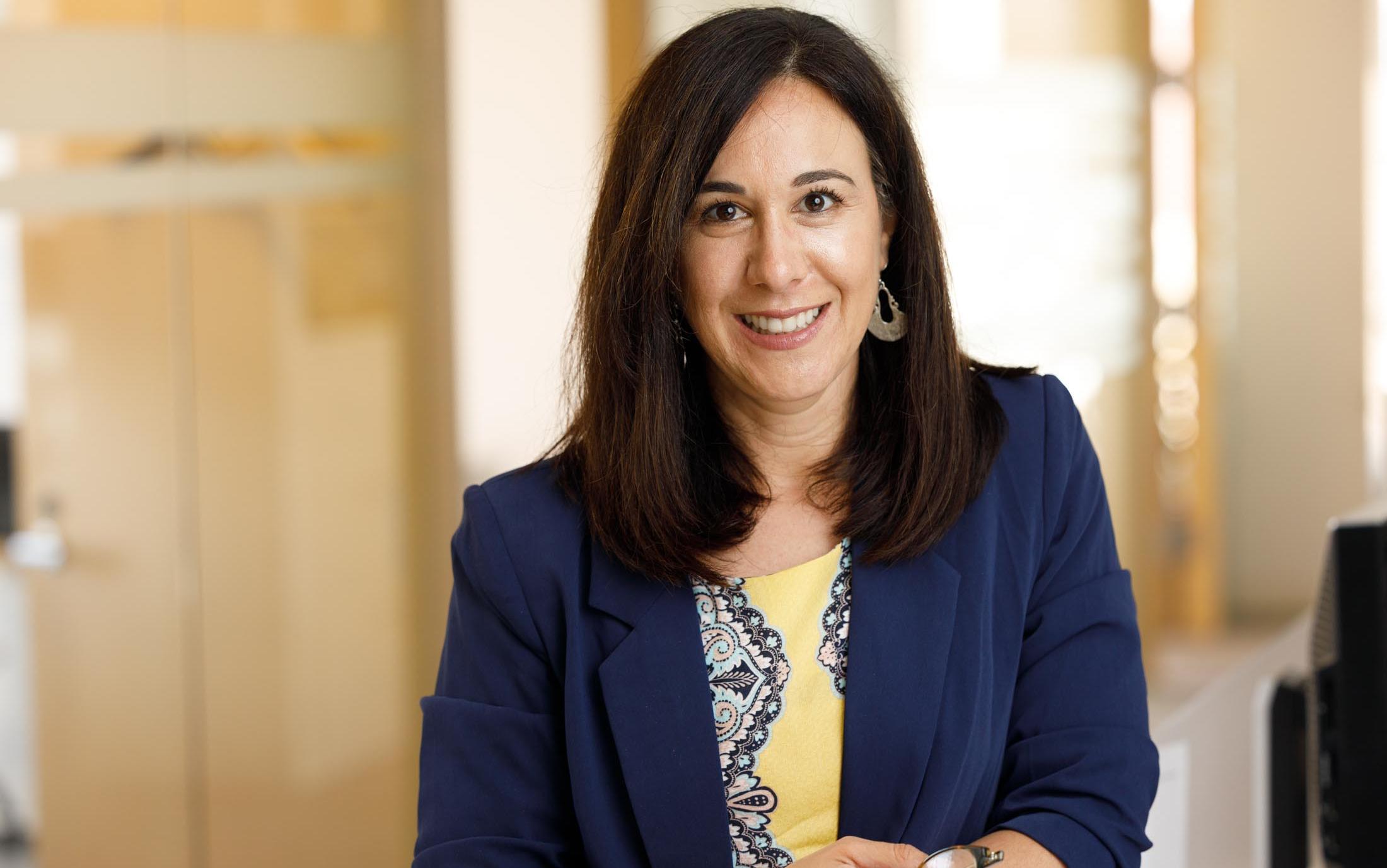Banner artwork by Lightspring / Shutterstock.com
ACC provides a variety of professional development offerings to in-house counsel, including specifically tailored career coaching services. In addition to hosting an online Career Coaching Directory showcasing more than 50 diverse, professional career coaches located in the United States, Canada, Australia, New Zealand, Europe, Asia, and Africa, ACC is also partnered with Coaching Advocates. Through this partnership, ACC members gain access to a suite of professional coaching and development services, an expanded network of advocates, online programing, and events.
This series explores the dynamic coaching relationships between a few ACC members and their coaches, while introducing (or reintroducing) you to the exclusive benefits of ACC’s career development offerings. Here, Lisa Tanzi and Whitnie Wiley share a glimpse of their unique coaching relationship focused on career and life fulfillment.


In search of an executive coach who “gets it”
“I was looking for an executive coach,” explained Lisa Tanzi, senior vice president and general counsel at The Parts Authority. “I had been approached by other people who’d suggested their coaches, but it was important for me to find someone that understood life in-house.” It’s a fact that life as an in-house lawyer can be quite different than that of a firm lawyer, especially when it comes to career transitions and growth. “I wanted someone who A, had experience working in-house, and B, understood what an in-house lawyer would be seeking, and why they’d be thinking about a career transition.”
At the time of their initial meeting, Tanzi was indeed looking to make a transition — from deputy general counsel to general counsel — and she wanted to do so while maintaining balance between her work and home lives. “I believe she had a desire to connect with someone who was a lawyer,” said founder and CEO (chief evolution officer) of Shifting Into Action, Whitnie Wiley. “But she also wanted someone who got her; someone who understood the bigger picture of what she wanted in her life.”
While her would-be coach picked up on some of Tanzi’s needs during their initial encounter, it was Wiley’s coaching profile on ACC’s website that first caught the in-house counsel’s attention. The profile, which states that the former legal counsel for the Association of California Water Agencies has over 25 years of coaching experience in the areas of “dream and goal achieving, career management and transition, and leadership development,” drew Tanzi in — as did Wiley’s desire to help clients build careers that “feed their souls.” “I definitely felt connected when I read it,” said Tanzi.
The best thing about having a coach? Consistency and accountability
Career advancement is something professionals ponder at different times throughout their careers. That said, it’s not always a topic given top priority on a consistent basis, which Tanzi admits was previously the case for her. “Spending the time once a week to meet with Wiley and focus on what I wanted to change, as well as what I wanted in my life — I’d never done that; I just went from thing to thing to thing,” she said.
During these meetings, Wiley gave Tanzi weekly goals and milestones to hit, which the GC says went a long way in not only forcing her to carve out time to intentionally think about where she wanted her career to go and why, but also in fostering a sense of accountability between the two. “I completed those goals, and I had to prepare and explore my thoughts [before sessions],” said Tanzi. “She really got to know me.”
These frequent connections are a key benefit of the coaching relationship, and while every coach and counsel may not meet weekly, sessions are sure to inspire exploration, which was the case with this pair. “Wiley encouraged me to explore lots of different things that I never thought about exploring,” said Tanzi. Those things included resources like podcasts and professional readings on leadership; methods related to eliminating self-doubt; and considering what type of work environment she wanted to be a part of.

Finding the right coach for your journey
When asked what those considering a career coach should look for in one, Tanzi again emphasized connection. “I think it’s important to connect with the person that you’re going to work with on many different levels,” she explained. She also reiterated that while understanding what it’s like to be an in-house lawyer is important, it’s most helpful for one’s coach to first understand who the client is and what they need as a person.
For example, Wiley understood early on Tanzi’s desire to be a balanced general counsel and went to work helping her to reach that goal, her way. “Wiley, slowed me down a little bit, encouraging me to really understand myself and what I needed to not just be a GC, but to be a GC who’s happy in her next role.”
Tips for getting the most out of the coaching relationship
An athletic coach can’t win the game for their player. They can and do, however, offer advice, resources, and methods to help that player improve their performance. The executive coach is no different, helping clients reach greater outputs, performance, and levels within their career.
“Keep in mind that the coach is not there to do the work for you,” said Tanzi, debunking the idea that an executive coach is supposed to “get you something.” Simply having a coach won’t get you a promotion, but following the unique career development plan that you and your coach create together just might. “It’s an exploration of your own self and an investment of your time and money,” she said. “You need to do the work that your coach is asking you to do.”
According to Wiley, the purpose of working with a coach is to figure out the path forward. “It’s important to recognize that you don’t need to have all the answers,” she explained, going on to assert that a coach can help one identify what they likely already know to be true. “I’m one who believes that my clients have the answers that they’re looking for within them.”
No two career journeys look alike, a fact that the executive coach stresses for her clients and all those looking to grow professionally and personally. And, contrary to somewhat popular opinion, there is no one specific way to do either.
“We have these beliefs that we’re supposed to do things a particular way; it’s important for me to help my clients understand that the way for them is the way that they decide. It’s not the way that the GC they work for does it. It’s not the way their mother, father, or anybody else did it,” Wiley explained. “Everybody’s career, and the trajectory of that career, is yours — it’s unique to you.”
Disclaimer: The information in any resource in this website should not be construed as legal advice or as a legal opinion on specific facts, and should not be considered representing the views of its authors, its sponsors, and/or ACC. These resources are not intended as a definitive statement on the subject addressed. Rather, they are intended to serve as a tool providing practical guidance and references for the busy in-house practitioner and other readers.




